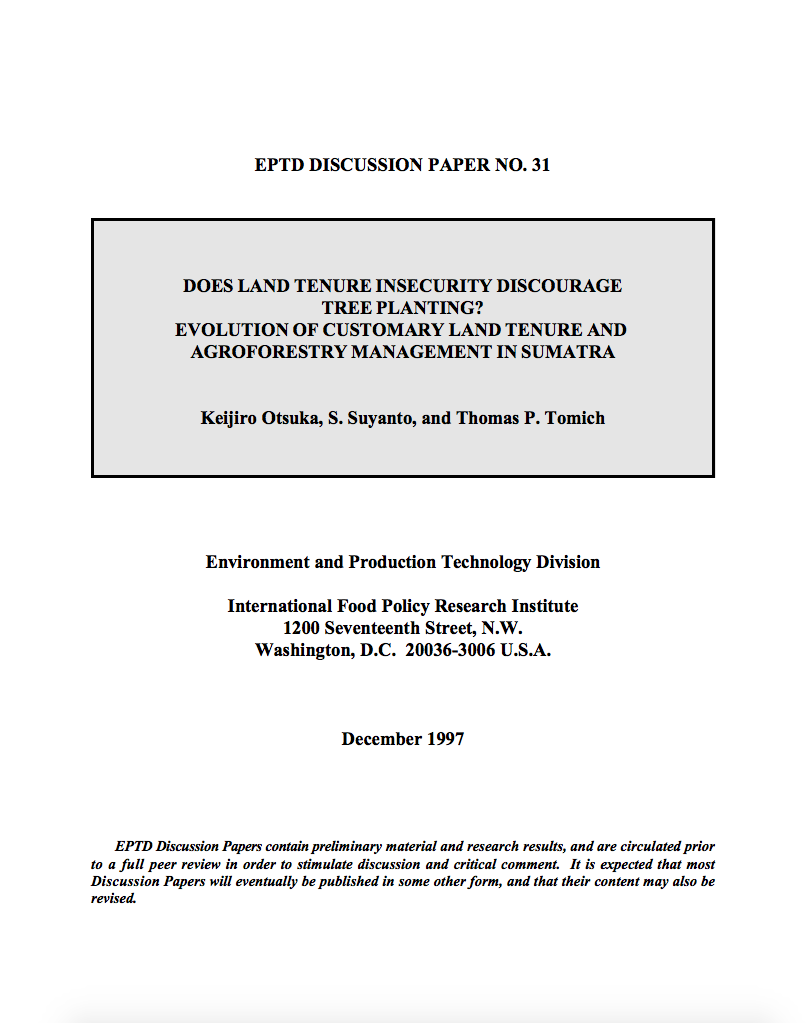Strengthening institutional safety nets in South Africa: Shareing Operation Hunger's insights and experiences
Poverty and malnutrition are significant problems in South Africa. The vast majority of poor people in the country are black and live in rural areas (RDP 1995; SALDRU 1994). Unemployment in South Africa is extremely high, female-headed households and black children are particularly vulnerable, and basic services are inadequate.' The poorest segments of South African society are overwhelmingly dependent upon a mix of social pensions, remittances, low wages, piece jobs, and, to a small extent, agricultural production. The nutritional situation in South Africa is as alarming.




